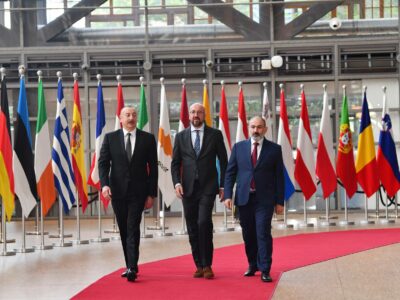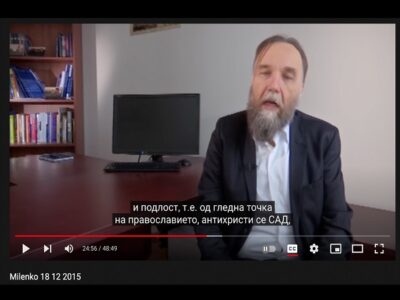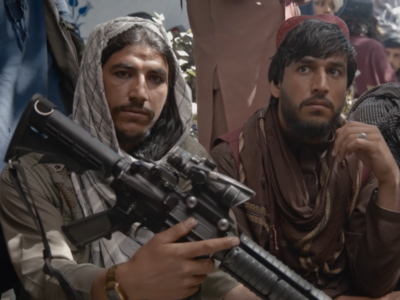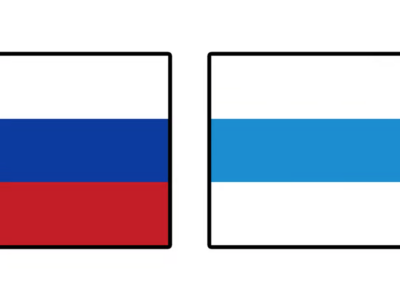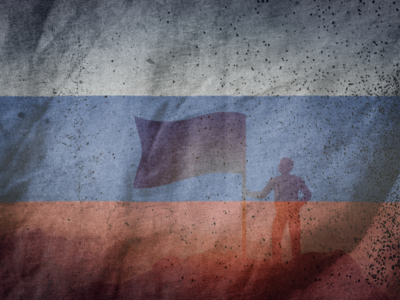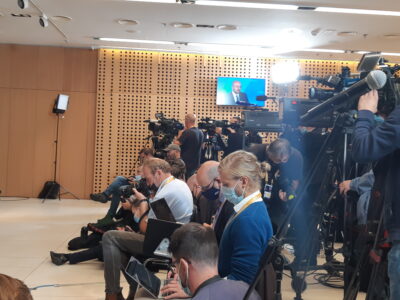Stories about Eastern & Central Europe from May, 2022
Spreading misinformation about Kosovo was once again used as part of election strategy in Serbia
Since its declaration of independence in 2008, an unacceptable practice had been established in Kosovo that every Serbian election was held in Kosovo, as well. That changed this year.
In Russia's invasion of Ukraine, cyberwarfare is a decisive element of the battlefield
The information war in Ukraine has only just started but already citizens on both sides are saturated by their government’s propaganda and left without balanced information.
Undertones: What’s behind Bangladesh’s neutrality about Russia’s invasion?
Through deep observation, explore how there's more to neutrality in Bangladesh's relationship with Russia.
Illegal wildlife poisoning depletes Balkan biodiversity, yet only 1% of cases reach court
A recent study shows that the illegal use of poisoning to target "undesirable" animals continues to go unnoticed and unpunished in the Balkans, even though it depletes biodiversity and threatens public health.
Armenian and Azerbaijani leaders take tentative steps toward peace
The EU's Charles Michel said the leaders focused on "the situation in the South Caucasus and the development of EU relations with both countries as well as the broader region.”
The propagandist Dugin and the justification of Russian imperialism
Following Dugin's "logic," imperialist Putin shelled and bombed Ukrainians to "liberate" them from Western demons and to "convince" them that they were brothers and not enemies.
How Russians are protesting the war in Ukraine from a totalitarian state
Russian citizens have drawn graffiti, left objects on the streets, and found creative ways to voice their dissent under the constant threat of punishment.
Bosnia and Herzegovina diaspora: A vague perception of home and homeland
Balkan Diskurs survey indicates that Bosnians living abroad express conflicting feelings, from an idealized picture of positive aspects of the old homeland, to repeated disappointment with the reality of political and economic status quo.
Ylli Morina: The 13-year-old mathematical genius from Skopje who is tutoring university students
Because his primary school lacks adequate classes and textbooks that will suit his needs and talent, Ylli has broadened his knowledge on the internet, listening to professors from abroad.
Central Asia’s fears of rising militancy in Afghanistan as Moscow invades Ukraine
Since the Taliban takeover in August 2021, the three Central Asian states that border Afghanistan intended to defend their borders through security reinforcement and diplomacy, primarily relying on Russian initiatives.
Podcast: The state of press freedom
This week, we head to China, India, Colombia, Indonesia and Serbia to hear from journalists and researchers about what challenges the media faces in those countries.
For Russians living abroad and denouncing Ukraine's invasion, a new flag symbolizes opposition to Putin
Russians living abroad and opposing Putin's policies and the invasion of Ukraine are coming together under a redesigned Russian flag that embodies the refusal of imperialism and violence.
Pride or shame? Russian influencers on the war in Ukraine
Explore the narratives of Russian celebrities and thinkers on the war in Ukraine.
Russia's opposition needs to put aside their quarrels and unite against the war
Whenever there is an opportunity for Russia's opposition groups to unite to bring about change in the country, these efforts end in disunity writes former Novaya Gazeta journalist Ivan Zhilin.
For acclaimed journalists Maria Ressa and Dmitry Muratov, winning a Nobel Peace Prize offers no protection
For Filipino journalist Maria Ressa and Russian editor Dmitry Muratov, winning the 2021 Nobel Peace Prize has not provided protection from their attackers and state threats as they continue their investigations.
The Western Balkans will need unity and cooperation across society to overcome press freedom challenges
Independent media in the Western Balkans face disinformation campaigns, hate speech, physical attacks, threats, low income, poor economic status, divisions, self-censorship and job insecurity.
Andrey Zakharov, BBC News Russian: For eight years, propaganda has been preparing people to support the war in Ukraine
In his opinion, Russia has lost the information war abroad, even though many Russian citizens support the regime.







